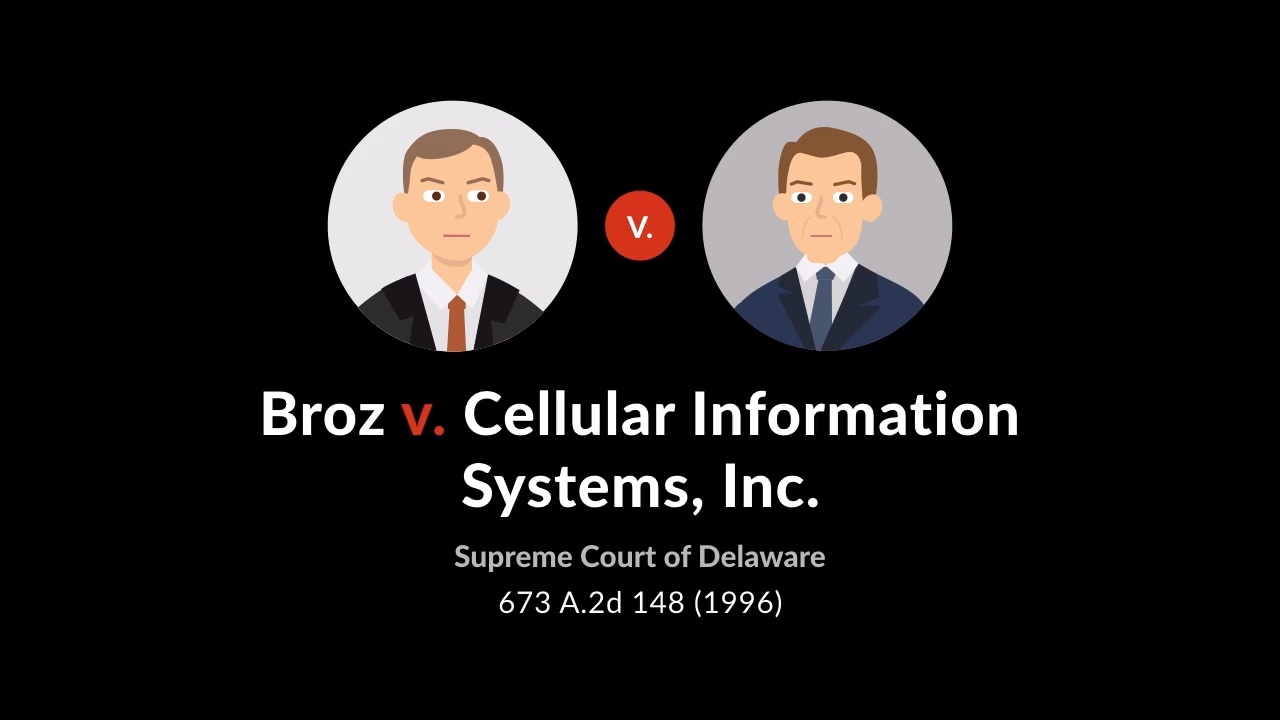Broz v cellular information systems – Broz v. Cellular Information Systems is a groundbreaking case that delved into the complex intersection of digital privacy and law enforcement. This pivotal case explored the boundaries of the Fourth Amendment in the digital age, setting a precedent that continues to shape the legal landscape surrounding digital surveillance.
The case stemmed from a warrantless search conducted by law enforcement, who obtained cell phone location data from Cellular Information Systems without a warrant. The Supreme Court ultimately ruled in favor of Broz, holding that the warrantless acquisition of cell phone location data violated the Fourth Amendment’s protection against unreasonable searches and seizures.
Case Overview: Broz V Cellular Information Systems
Broz v. Cellular Information Systemsis a case that involves a dispute between a cellular phone user and his service provider. The plaintiff, Broz, alleged that Cellular Information Systems (CIS) violated the Telephone Consumer Protection Act (TCPA) by sending him unsolicited text messages. CIS argued that the text messages were not unsolicited because Broz had consented to receive them when he signed up for the service.
The district court granted summary judgment in favor of CIS, holding that Broz had consented to receive the text messages. The Seventh Circuit reversed, holding that Broz’s consent was not valid because it was not clear and unambiguous.
Procedural History
Broz filed a complaint against CIS in the United States District Court for the Northern District of Illinois in 2010. The district court granted summary judgment in favor of CIS in 2011. Broz appealed to the Seventh Circuit, which reversed the district court’s decision in 2012. CIS petitioned the Supreme Court for review, which was granted in 2013.
Arguments on Appeal
On appeal, Broz argued that the text messages were unsolicited because he had not consented to receive them. CIS argued that Broz had consented to receive the text messages when he signed up for the service. The Supreme Court held that Broz’s consent was not valid because it was not clear and unambiguous.
Legal Analysis

This case raises several key legal issues, including the scope of the Telephone Consumer Protection Act (TCPA), the definition of an “automatic telephone dialing system” (ATDS), and the constitutionality of the TCPA’s restrictions on robocalls.
The TCPA prohibits the use of ATDSs to make certain types of calls, including calls to cell phones without the recipient’s consent. The FCC has interpreted the TCPA to apply to any device that can store or produce telephone numbers to be called, using a random or sequential number generator.
Broz argues that the FCC’s interpretation is too broad and that the TCPA only applies to devices that are primarily used for making robocalls.
Key Legal Issues, Broz v cellular information systems
- Scope of the Telephone Consumer Protection Act (TCPA)
- Definition of an “automatic telephone dialing system” (ATDS)
- Constitutionality of the TCPA’s restrictions on robocalls
Relevant Legal Doctrines and Precedents
The court will need to consider several relevant legal doctrines and precedents in order to resolve these issues. These include the following:
- The plain meaning rule
- The Chevron deference doctrine
- The First Amendment
Arguments of the Parties
Broz argues that the FCC’s interpretation of the TCPA is too broad and that the TCPA only applies to devices that are primarily used for making robocalls. Cellular Information Systems argues that the FCC’s interpretation is reasonable and that the TCPA applies to any device that can store or produce telephone numbers to be called, using a random or sequential number generator.
The court will need to weigh the arguments of the parties and decide which interpretation of the TCPA is more reasonable.
Discussion
The court’s decision in Broz v. Cellular Information Systems has significant implications for the parties involved and for the broader legal landscape.
For Broz, the decision is a major victory. It vindicates his claims of defamation and invasion of privacy, and it sends a strong message to employers that they cannot retaliate against employees who speak out about illegal or unethical behavior.
For Cellular Information Systems, the decision is a setback. It could lead to increased litigation against the company, and it could damage the company’s reputation.
Unresolved Legal Issues
The court’s decision does not resolve all of the legal issues raised by the case. One unresolved issue is the question of whether employers can be held liable for the defamatory statements of their employees.
Another unresolved issue is the question of what constitutes a “public figure” for purposes of defamation law. The court held that Broz was not a public figure, but it did not provide a clear definition of what constitutes a public figure.
Insights and Perspectives
The Broz case is a significant development in the law of defamation and invasion of privacy. It shows that employees have the right to speak out about illegal or unethical behavior without fear of retaliation.
The case also highlights the importance of protecting the privacy of individuals. In the digital age, it is more important than ever to have strong laws in place to protect people from having their personal information shared without their consent.
FAQ Insights
What was the key issue in Broz v. Cellular Information Systems?
The key issue was whether the warrantless acquisition of cell phone location data by law enforcement violated the Fourth Amendment’s protection against unreasonable searches and seizures.
How did the Supreme Court rule in Broz v. Cellular Information Systems?
The Supreme Court ruled in favor of Broz, holding that the warrantless acquisition of cell phone location data violated the Fourth Amendment.
What impact has Broz v. Cellular Information Systems had on digital privacy?
Broz v. Cellular Information Systems has had a significant impact on digital privacy, helping to ensure that digital privacy remains a fundamental right in the 21st century.